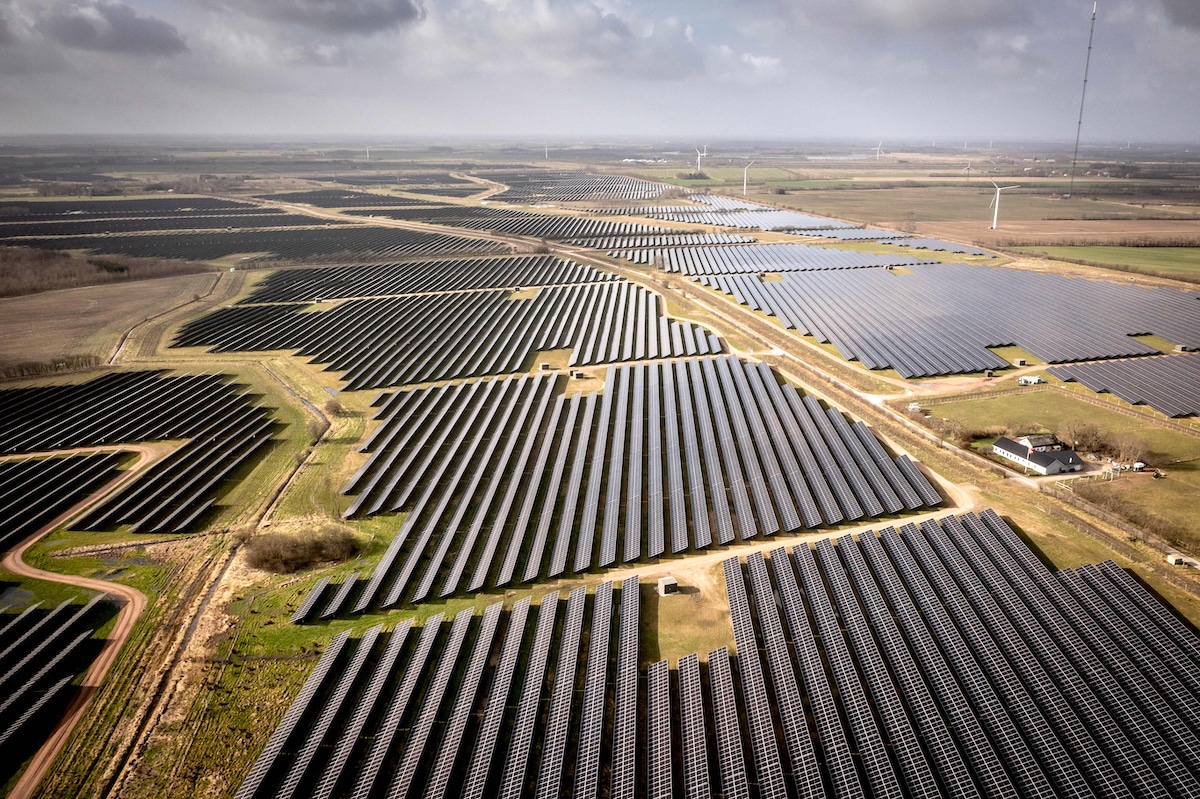EU Solar Companies Say New Plans to Boost Domestic Products Over Imports Would Hamper Solar Progress

 Why you can trust us
Why you can trust us
Founded in 2005 as an Ohio-based environmental newspaper, EcoWatch is a digital platform dedicated to publishing quality, science-based content on environmental issues, causes, and solutions.
European solar companies disapprove of local content rules in the European Commission’s proposed Net Zero Industry Act that effectively limit Chinese imports, saying the rules will make the transition to clean energy more difficult.
The rules require governments to reduce public funding and consumer subsidies for renewables projects if companies import a particular product from a country that makes up more than 65 percent of the EU market share of that product, reported the Financial Times.
The act says European solar companies have an “insufficiently diversified” supply, with 80 percent of the European market’s supply chain coming from China.
“If we don’t want to risk slowing solar deployment, we need a bigger carrot, especially in terms of financing solar plants in Europe,” said Dries Acke, policy director at SolarPower Europe, as E&E News reported. “Last week’s subsidy rule revision doesn’t include support for running solar factories, when European manufacturers face some of the highest energy prices in the world.”
As the EU jostled to find substitutes for Russian gas last year, the bloc installed a record more than 40 gigawatts of solar panels, which the commission said it was able to do by importing more than twice as many from China, reported the Financial Times.
Lukas Pauly, managing director at German green tech company Enpal, said that if subsidies for products that don’t come from the EU are cut, installations would suffer.
“Until we have built up enough capacity in Europe, reducing subsidies would slow down the renewable transition,” Pauly said, as the Financial Times reported.
According to an estimate by the International Energy Agency, European-produced solar panels would cost more than a third more than comparable Chinese products, with a likely reduction in price as production in the EU increases.
The Net Zero Industry Act has been viewed as coming up short compared to the Biden Administration’s Inflation Reduction Act, which provides $369 billion in subsidies for manufacturers and consumers of green technology.
“The IRA serves as an electroshock for Europe,” said Pascal Canfin, who is head of the European parliament’s environment committee, as reported by Bloomberg. “We need to change to simplify rules and we need to give companies predictability on energy prices.”
The proposed Net Zero Industry Act does allow exceptions for when there is a “disproportionate” cost disparity of more than 10 percent between local products and those imported from overseas, the Financial Times reported.
“The EU needs to use the carrot, not the stick. Taking the current approach, without additional financial support… will inevitably mean cutting off foreign supplies that we are not yet in a position to say no to,” said Founder and CEO of European residential solar marketplace Otovo Andreas Thorsheim, as reported by the Financial Times.
Subscribe to get exclusive updates in our daily newsletter!
By signing up, you agree to the Terms of Use and Privacy Policy & to receive electronic communications from EcoWatch Media Group, which may include marketing promotions, advertisements and sponsored content.

 233k
233k  41k
41k  Subscribe
Subscribe 




